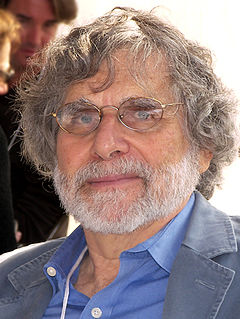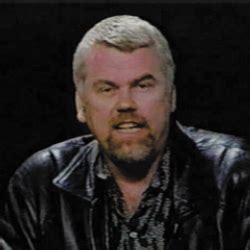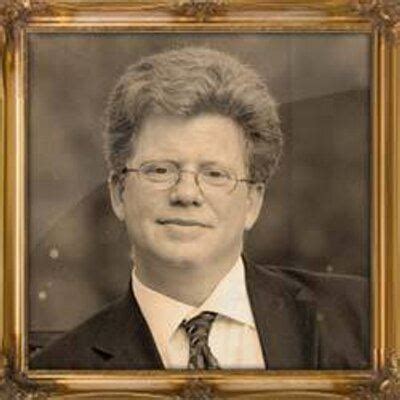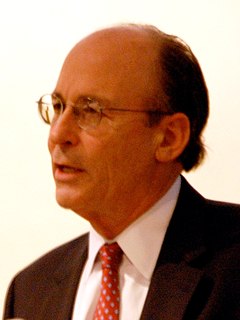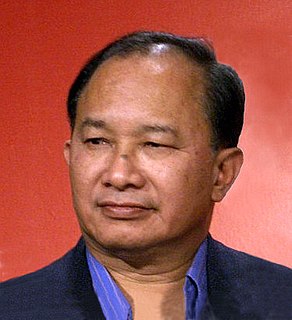A Quote by Alan Cheuse
Former Dublin newsman Paul Lynch made his debut as a novelist a few years ago with a book called 'Red Sky in Morning,' set in mid-19th century County Donegal, where a rage-driven farmer has committed a murder with devastating results.
Related Quotes
The study of eugenics had its beginning in Germany, sometime after the mid-19th century mark, stimulated by volkish concerns for Aryan racial purity. Rudolf Virchow, pathologist and politician, began a study of national ethnic statistics in 1871, convinced that the majority of Germans would prove to be of relatively pure Nordic descent. The results of his studies proved otherwise. According to Virchow, the obvious solution was to set about Nordicizing the debased German stock.
A few years ago I appeared on GLEE and, Jane Lynch and I did a remake of the song that was very popular - someone told me it was in the Top 100 when it was released. First, walking on the set of GLEE the day we filmed it was surreal as they had recreated the entire original set from the music video. It was bizarre - but fun.
We made our debut in Japan about few years ago and when we went on a morning show there to promote our album, I did a brief interview in Japanese using simple expressions such as "Yoroshiku onegaishimasu." But one of the members of our group said, "Stay quiet if you can't speak Japanese! It's embarrassing!" So that's when I told myself that I'd show how good I am by studying Japanese hard.
I loved the book [The Adderall Diaries] I optioned it, I think some years ago. But there's a lot of different threads in the book. It starts off as one thing, where he's trying to cover this murder trial, and then his own life starts to impinge on that, so it becomes something else. I found that fascinating.
In the 16th century, [Niccolò] Machiavelli - in an attempt to get back in the good graces of the powerful - wrote a slim volume called The Prince. In that book he showed the powers that be how to control the people. That book is a statement: separate and rule, divide and conquer. That's five hundred years ago and it still works, because we allow ourselves to be lead around with holes through our noses.
People have asked me about the 19th century and how I knew so much about it. And the fact is I really grew up in the 19th century, because North Carolina in the 1950s, the early years of my childhood, was exactly synchronous with North Carolina in the 1850s. And I used every scrap of knowledge that I had.
